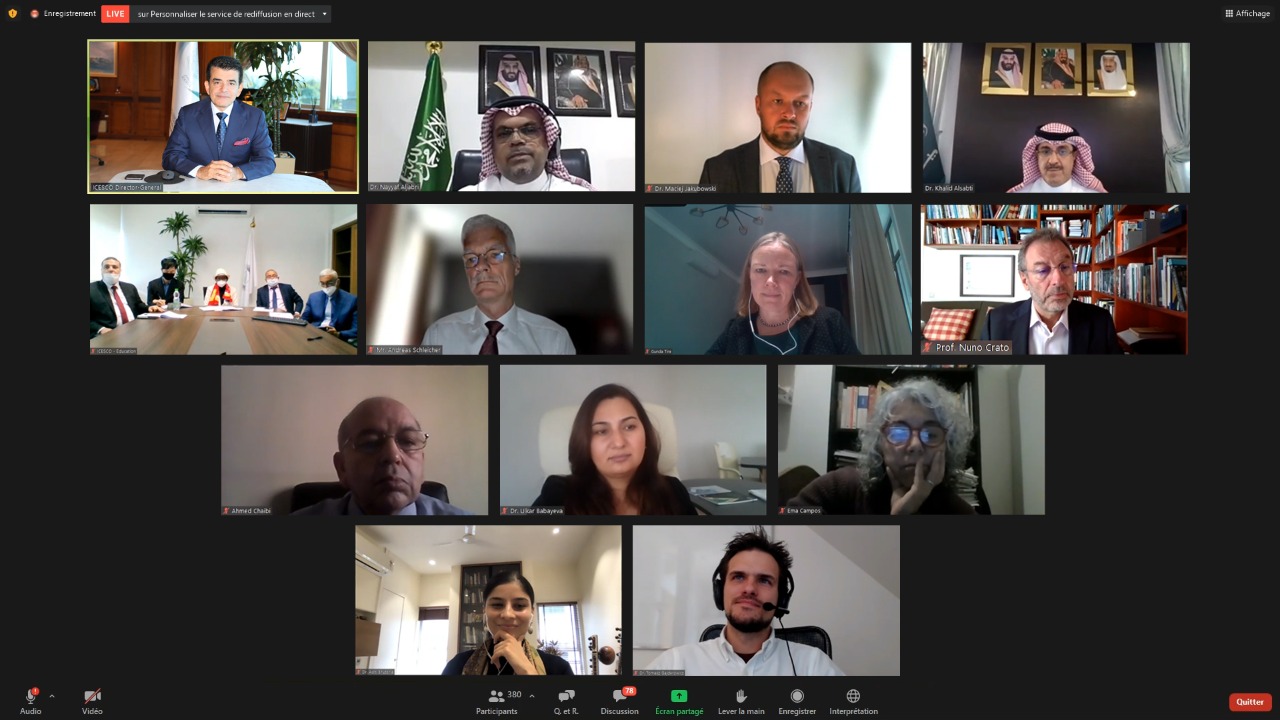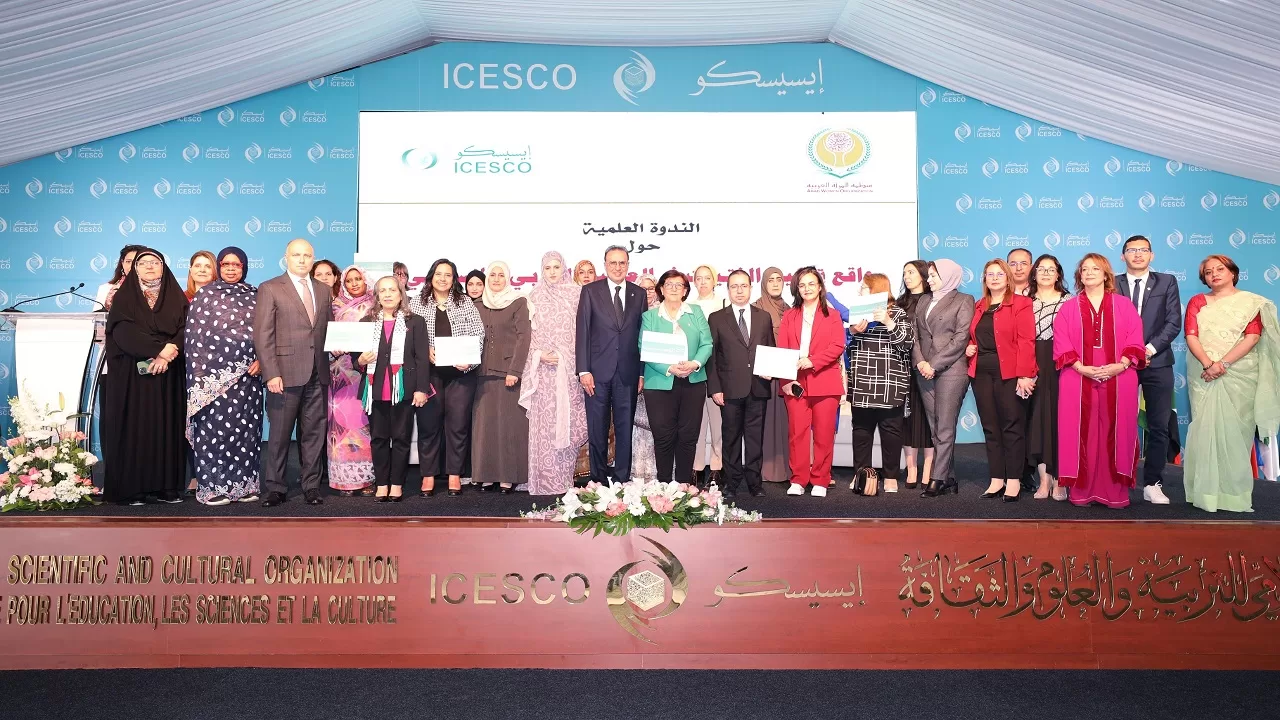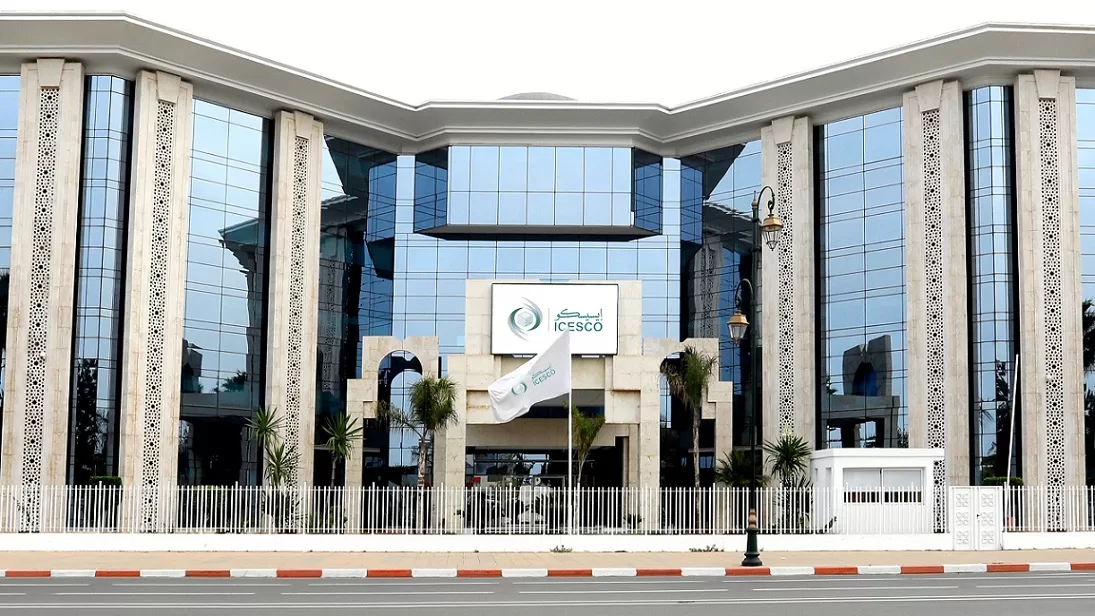
ICESCO and ETEC International Webinar Calls for Developing International Student Assessments

23 September 2021
The participants in the International Webinar on international assessments and their role in improving the quality of education stressed the importance of these international assessments and tests for drawing lessons to improve education systems and support the relevant policies and initiatives in the Islamic world.
The webinar that the Islamic World Educational, Scientific and Cultural Organization (ICESCO) and the Education and Training Evaluation Commission (ETEC), in Saudi Arabia, held via videoconference, on Wednesday, September 22, 2021, under the title “How International Large-Scale Assessments from the Past 20 Years can Inform Policy and Practice: Global Lessons to Improve Education Quality,” witnessed the participation of high-profile education officials from many countries, as well as international experts in education and international assessments.
In his address at the opening session, Dr. Khalid Bin Abdullah Al-Sabti, Chairman of ETEC Board of Directors, indicated that education has become the key factor in the economy, adding that modern technology requires the positive interaction of individuals and further national projects to develop high-quality educational systems to prepare young people for the labor market.
Dr. Al-Sabti noted the importance of the “Human Capacity Development Program” that Saudi Arabia has launched for developing an educational base for all citizens, providing lifelong learning opportunities, and meeting the future labor requirements. He underlined that “cross-country comparisons are among the advantages of international assessment studies. They can serve as incentives to enhance education quality and achieve better results.”

In his address, Dr. Salim M. AlMalik, ICESCO Director-General (DG), stressed that education plays a pivotal role in building the future and constitutes the driving force for progress and security in societies, and cohesion among individuals. He added that international assessments are essential tools for evaluating education systems and a key indicator for assessing students’ skills and performance in basic subjects. Dr. AlMalik also underscored that “ICESCO is keen on ensuring the participation of the largest number of countries in the Islamic world in international assessments taking into account that the Organization intends to conduct studies on the international assessment data of each Member State to ensure better education.”
ICESCO DG pointed out the need to reconsider educational systems from a forward-looking perspective to develop educational policies and programs in line with international standards of quality and excellence, and adopt technology and artificial intelligence in schools of the future to contribute to the sustainable development in Muslim countries.

The first session touched upon how international student assessments like PISA and TIMSS can inform policy and practice to improve education quality: key learning from international assessments over the last 20 years. The second session reviewed the international models from Portugal, Chile, Estonia, and Poland to present evidence from countries that have improved in terms of their performance in international assessments, to understand how they have utilized the data that they collect from international assessments for evidence-based policymaking.
In the third session, the participants explored the participation of ICESCO Member States in international assessments to determine the common factors that affect students’ achievement and performance scores, through examples from Saudi Arabia, Malaysia, Azerbaijan, and Morocco. The closing session discussed the future roadmap for developing educational policy and improving the quality of education based on the results of international assessments.




